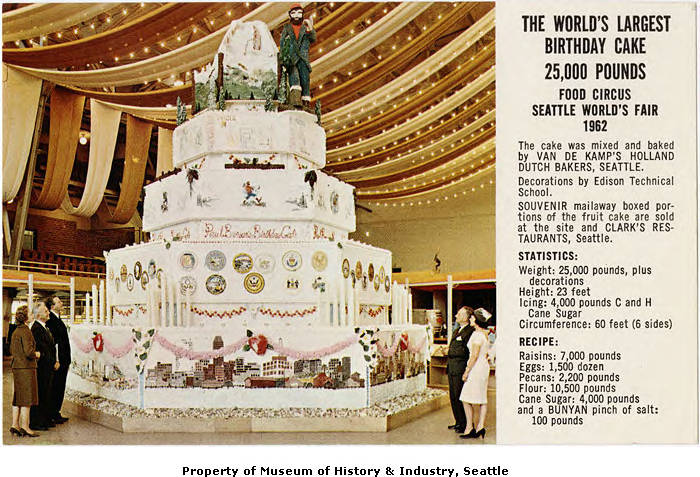Honoring heritage and reuniting families
A Birthday Celebration: Past, Present, and Personal
It’s my birthday week, and I thought it would be the perfect time to share a little about how birthdays have been celebrated throughout history and how they’ve evolved into what we know today. In our family, birthdays are sacred. I never book trips or conferences during a family member’s birthday, and we always celebrate with cake and a special dinner at the very least. Here's a look at where these beloved traditions began, how different cultures mark the occasion, and why they still matter so much to us today.
-Aimee Rose-Haynes
8/3/20253 min read


The History of Birthdays
Birthday celebrations go back thousands of years and were originally reserved for society’s elite. The earliest known celebrations are credited to the ancient Egyptians, who marked the birthdays of pharaohs as moments of transformation when a mortal became a god. These weren’t birthdays in the modern sense but rather anniversaries of coronations, tied to divinity and royal status.
Later, the Greeks adopted the concept of honoring individuals on their birthdays, and they introduced offerings to their deities. Artemis, the goddess of the moon and protector of women and children, was honored with round cakes symbolizing the moon. Candles were added to create a glowing effect to represent the moon’s light. These early traditions planted the seeds of the cake and candle ritual that we still use today.
The Romans expanded birthday celebrations into the public sphere. While the elite celebrated their own birthdays with grand feasts, Roman citizens also began to observe birthdays for family members and friends. They even recorded birthdays in calendars and offered public recognition for notable men. However, women’s birthdays were often excluded from public acknowledgment until much later in history.
Enter the Cake
The tradition of the birthday cake as we know it today has roots in 18th-century Germany with a celebration called “Kinderfeste,” a party specifically for children. German bakers created special cakes made from sweetened dough, often topped with colorful decorations and candles. Each candle represented a year of the child’s life, and one extra candle was added to symbolize hope for the future or good luck.
These cakes were not only enjoyed for taste but were believed to carry spiritual significance. Blowing out candles while making a silent wish was thought to send the wish directly to the heavens. Over time, the idea spread to other cultures and evolved into the sugary, layered, frosted birthday cakes we associate with celebrations today.
The Song We All Know
The iconic song “Happy Birthday to You” has humble beginnings. In 1893, American sisters Patty and Mildred Hill composed a melody for a children’s classroom greeting called “Good Morning to All.” The tune was catchy and simple, making it easy for young students to sing.
Eventually, the lyrics were changed to fit birthday celebrations, and the song slowly gained popularity across the country. By the early 20th century, it was widely sung at parties, though it was not published with the familiar birthday lyrics until the 1930s. Despite legal disputes over ownership, the song became one of the most widely recognized melodies in the world. Today, it is sung in dozens of languages and used to mark birthdays across generations and cultures.
Birthdays Around the World
While cake and candles are common in Western traditions, other cultures celebrate birthdays in unique and meaningful ways.
In Mexico, birthdays often feature a festive piñata and the singing of “Las Mañanitas,” a traditional birthday song filled with beautiful lyrics of joy and appreciation. Children take turns hitting the piñata until it breaks, showering candy and small toys onto the ground.
In South Korea, the first birthday is an especially significant milestone called Doljanchi. The child is dressed in traditional hanbok clothing and presented with a table of symbolic objects. Whichever item the child picks up—such as money, a pencil, or a thread—is believed to offer a glimpse into their future path.
In many parts of Africa, birthdays are less about material gifts and more about community connection. People gather to share music, dance, food, and oral storytelling that celebrates the person’s journey and role within the community.
In Jewish culture, birthdays are sometimes used as a moment for introspection and charity. Rather than focusing on gifts, some choose to donate time, money, or resources to causes they care about, honoring life by giving back to others.
Across the globe, birthday customs vary, but the core values remain the same: honoring life, connecting with others, and embracing gratitude.
Why It Matters
In our family, birthdays are a big deal. I never schedule trips, work obligations, or conferences on the same weekend as a loved one’s birthday. These moments are reserved for connection and celebration. At the very least, we always have cake and a dinner, but often it becomes a whole-day event filled with laughter, memory sharing, and love... and sometimes a zoo trip which is our favorite.
Birthdays are more than a date on the calendar. They are personal holidays that remind us of how far we have come and who has helped us along the way. They are a reason to pause and recognize the worth and value of each life. Whether it is a child’s very first candle or an elder’s 80th milestone, each birthday adds a new chapter to the story of our lives.
So this week, I am making time for reflection, celebration, and cake. I am embracing another year of growth and the beautiful people I get to share it with. However you celebrate, I hope your traditions bring you joy, connection, and a sense of just how special you really are.


